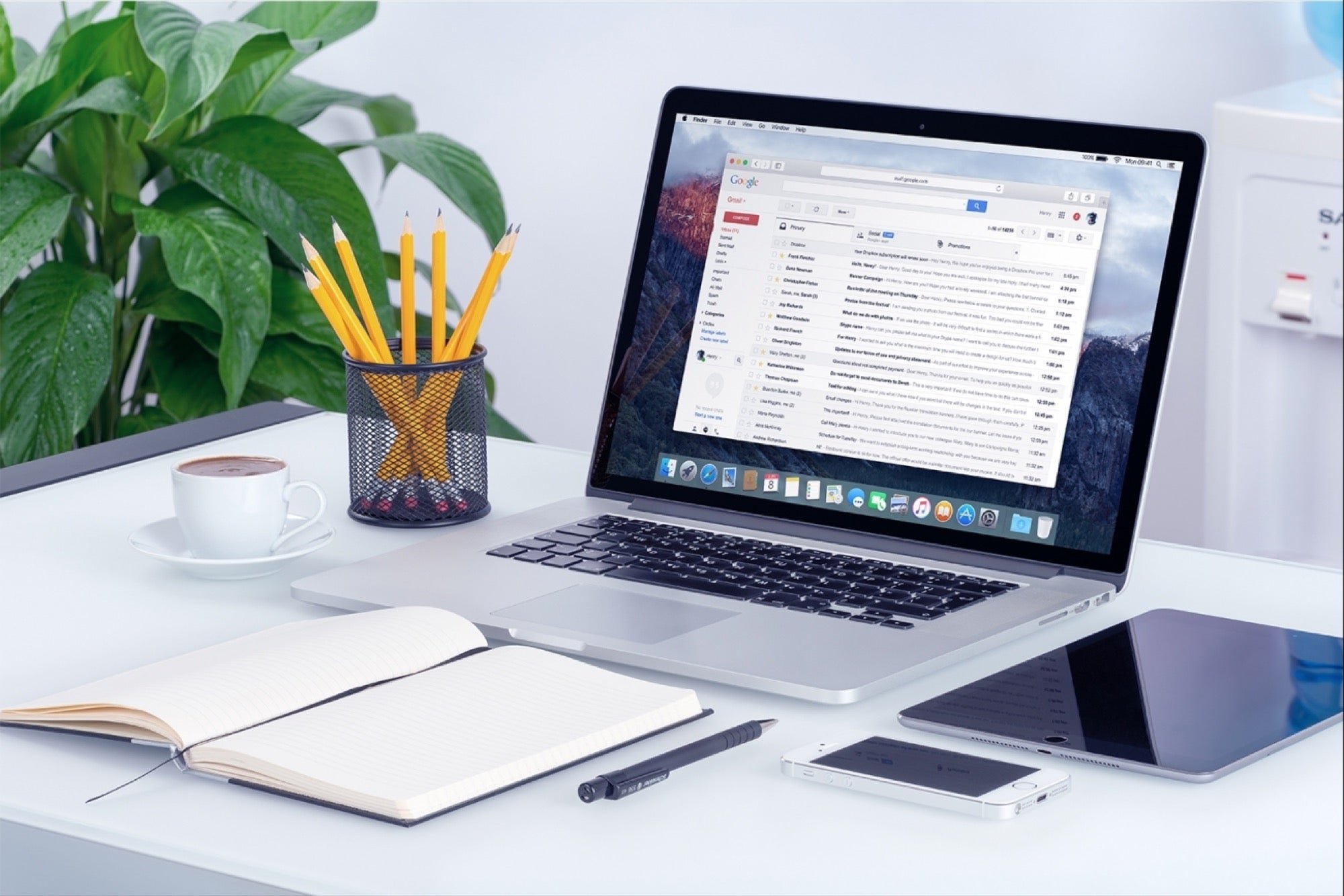
Title: Laptop Market Navigation: A Detailed Buying Guide for Office Use
Laptops have become essential tools in the modern office environment, offering mobility, flexibility and productivity on the go. However, with so many options available, choosing the right laptop for office use can be a daunting task. In this comprehensive buying guide, we'll provide essential tips for choosing the perfect laptop for your office needs, based on factors like performance, portability, and battery life.
-
Define Your Requirements:
- Before diving into the laptop market, evaluate your office's computing needs. Determine the main tasks for which you will use the laptop, such as word processing, web browsing, spreadsheet management, or graphic design.
- Consider whether you'll need specific features, such as a touchscreen, convertible design, or stylus support, depending on your workflow and preferences.
-
Performance:
- Evaluate your laptop's performance capabilities, including processor speed, RAM, and storage.
- Choose a laptop with a powerful processor (such as an Intel Core i5 or i7) and enough RAM (8GB or more) to handle multitasking and demanding applications smoothly.
- Choose solid-state drives (SSDs) over traditional hard drives (HDDs) for faster boot times, faster program launches, and faster file transfers.
-
Mobility:
{thirty} - Consider the size, weight, and form factor of your laptop to ensure portability.
- Choose a laptop that is light and thin if you travel frequently or work on the go, as it will be easier to carry and fit into backpacks or briefcases.
- Evaluate display size and resolution based on your preferences and use cases, balancing screen space with portability.
-
Battery Life:
- Battery life is crucial for uninterrupted productivity, especially when working remotely or in meetings.
- Look for laptops with long battery life ratings (typically 8 hours or more) to ensure all-day usage without the need for frequent recharging.
- Consider factors such as screen brightness, processor efficiency, and battery capacity when evaluating battery life claims.
-
Connectivity:
- Assess the laptop's connectivity options, including ports, wireless connectivity, and expansion slots.
- Make sure your laptop has the necessary ports for connecting peripherals, such as USB-A, USB-C, HDMI, and audio jacks.
- Check Wi-Fi and Bluetooth compatibility to ensure smooth wireless connectivity to networks and peripherals.
-
Durability and build quality:
- Choose a laptop with a rugged build and durable materials that can withstand daily use and occasional knocks.
- Look for laptops that undergo rigorous testing for durability and reliability, such as MIL-STD-810G certification or manufacturer reliability ratings.
-
Operating system:
- Choose the operating system that best suits your office's software ecosystem and compatibility requirements.
- Choose between Windows, macOS, or Chrome OS based on your familiarity with the operating system, software compatibility, and preferences for specific productivity tools or apps.
-
Security features:
- Choose laptops with built-in security features such as biometric authentication (fingerprint or facial recognition) and hardware encryption.
- Look for laptops with Trusted Platform Modules (TPMs) and firmware-level security features to protect sensitive data and ensure system integrity.
-
Price and usefulness:
- Decide your laptop budget and compare prices across different brands and models to find the best value for your money.
- When assessing the overall cost of a laptop, consider factors such as performance, features, warranty coverage, and customer support.
In conclusion, choosing the right laptop for office use requires careful consideration of performance, portability, battery life, connectivity, durability, operating system, security features and overall value. By defining your requirements, evaluating different options, and prioritizing the key factors that suit your office needs, you can make an informed decision and find the perfect laptop that will improve your workplace productivity.






